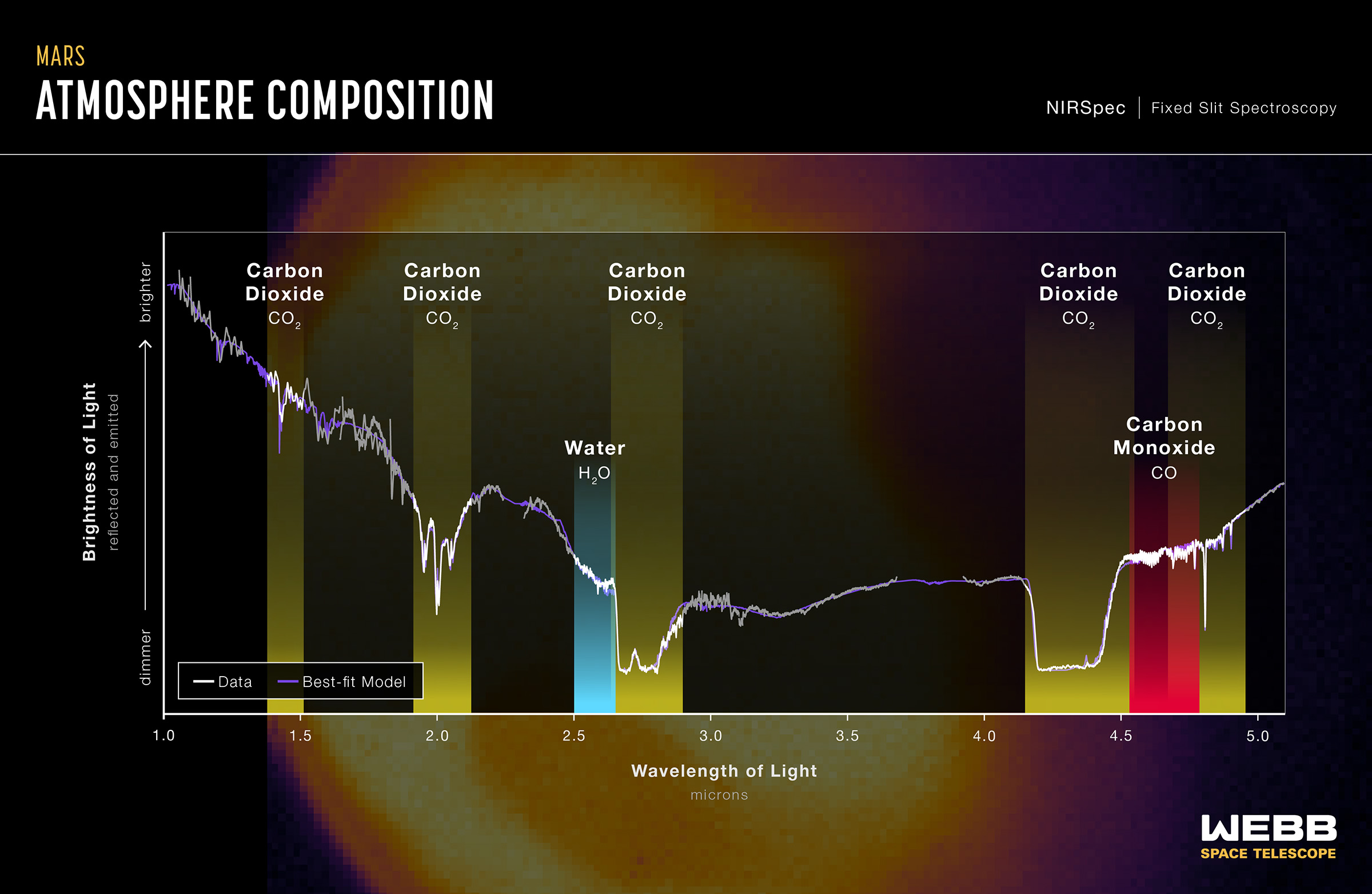The James Webb Space Telescope first began scientific operations in July, with NASA releasing Webb’s first images to raucous applause. What followed, has been a couple of months’ worth of spectacular discoveries like, including the detection of carbon dioxide on an exoplanet. Now, though, scientists with Harvard and MIT are warning that James Webb’s data could be lying to astronomers.
Related coverage: See our ultimate guide to the James Webb telescope.
The researchers published a new study in Nature Astronomy. In it, they detail how astronomers’ current interpretation of James Webb’s data could undermine their ability to tell if a planet is habitable. They say that the current model used to determine how photos pass through a material isn’t up to par with the quality of data that James Webb delivers.
The researchers outlined the issue in a university press release, saying that the current model can’t differentiate between the percentages of compounds discovered. Because of these discrepancies, our translation model doesn’t reach the same precision that James Webb is able to capture. This means that atmospheric readings and other James Webb data could be misinterpreted.

Considering how much effort is being put into finding inhabitable exoplanets, not being able to precisely and effectively translate the data that Webb presents is a huge problem. But that also begs the question of how do we upgrade the current model and make it as precise as James Webb. The researchers say in order to do that we need to determine how light and matter interact.
They say that would allow us to create more defined models that can precisely translate James Webb’s data. And with that in mind, we could rest easy knowing that any information gleaned from observing far-off exoplanets was more likely to be scientifically sound and without issue.
James Webb continues to boggle scientists with its data, and not having a correct model to build all of that off of is a real shame. Hopefully, we’ll see improvements made in the future – especially if they are needed as badly as these researchers say.
More James Webb coverage: See the stunning images of Neptune taken by James Webb.








